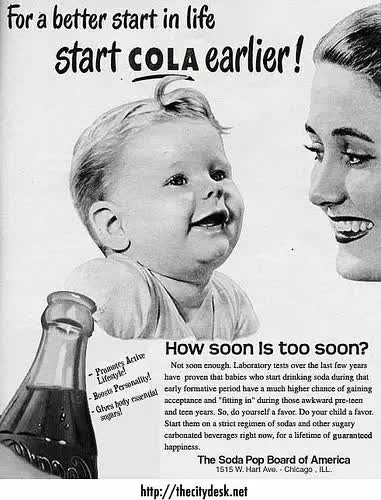Do people binge on food or only doof?
I don’t use refined oils at home and try to avoid them elsewhere. I attended a catered event and ate a noodle dish with a lot of oil and nearly no vegetables. They served grilled vegetables that were also covered in oil.
The noodle dish was very palatable, in that it gave me pleasure to swallow it down my throat. It didn’t actually taste that good. It just prompted me to want more.
As I walked home I realized while I’d still call it food, it was getting toward doof. I also noticed I didn’t like how it made me feel. My skin felt oily. My stomach felt uncomfortable. I wasn’t going to take a laxative or induce vomiting, but I wished the food/doof weren’t in me.
It got me thinking: when people binge and purge, if they have bulimia, I know they binge and purge on doof, but I wondered: do they binge and purge only on doof? I don’t use the verb ‘to eat’ with doof. Doof, you consume, not eat. ‘To eat’ I reserve for food. Do people binge and purge on spinach and apples? I don’t know about you, but I rarely eat more than one apple in a row. Something about them makes me not want to eat more after I eat each in turn.
EDIT: I found this quote from podcast guest Dr. Michael Greger of NutritionFacts:
“Food addiction” is a misnomer. People don’t suffer out-of-control eating behaviors to food in general. We don’t tend to compulsively crave carrots. Milkshakes are packed with sugar and fat, two of the signals to our brain of calorie density. When people are asked to rate different foods in terms of cravings and loss of control, most incriminated was a load of CRAP [“calorie rich and processed,” a term for doof]—highly processed foods like donuts, along with cheese and meat. Those least related to problematic eating behaviors? Fruits and vegetables. Calorie density may be the reason people don’t get up in the middle of the night and binge on broccoli.
Animals don’t tend to get fat when they are eating the foods they were designed to eat. There is a confirmed report of free-living primates becoming obese, but that was a troop of baboons who stumbled across the garbage dump at a tourist lodge. The garbage-feeding animals weighed 50 percent more than their wild-feeding counterparts. Sadly, we can suffer the same mismatched fate and become obese by eating garbage, too. For millions of years, before we learned how to hunt, our biology evolved largely on “leaves, roots, fruits, and nuts.” Maybe it would help if we went back to our roots and cut out the CRAP.
I’m no psychologist, so I’m just exploring an idea as a civilian, but if psychologists have always associated bingeing and purging with food, but if bingeing and purging come from doof only, or nearly so, it changes a lot. Imagine addiction specialists didn’t distinguish between poppy and heroin or between grape juice and wine. They’d misdiagnose the problem.
I searched on “binge purge” to see if I could find what people binged on. I found many articles, but only one called Understanding Bingeing and Purging listed what people binge on:
Common binge foods include:
- Bread
- Candy
- Cake
- Chocolate
- Cereal
- Cookies
- Doughnuts
- Ice cream
- Pizza
- Popcorn
- Potato chips
- Sandwiches
- Soda
ALL DOOF! Bread could be whole grain, and therefore an exception, but I doubt people binge on the healthy stuff. Likewise, sandwiches could use whole grain bread, healthy fillings, and no salty oily sauces, but I doubt it.
Imagine re-conceiving our understanding of bulimia that it’s not a problem with the individual or food, but doof, which is manufactured and advertised specifically to addict. If people only, or nearly only, binge on doof, distinguishing doof from food changes everything.

Read my weekly newsletter

On initiative, leadership, the environment, and burpees